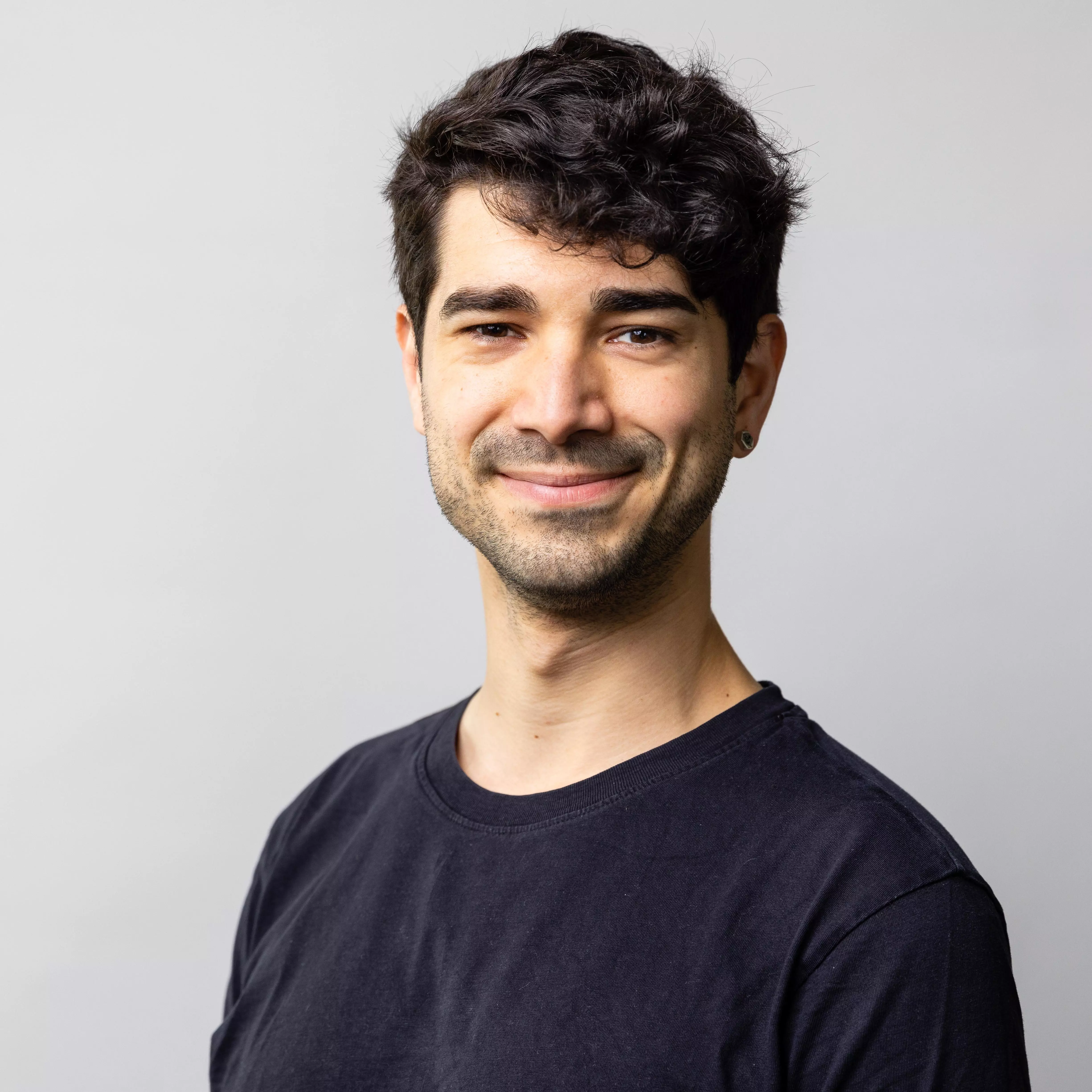
Lukas Muttenthaler
Doctoral Researcher
Since 2021 Lukas is a Ph.D. student in the Machine Learning Group at Technische Universität Berlin and a full-time researcher at the Berlin Institute for the Foundations of Learning and Data (BIFOLD). In addition, Lukas is a guest researcher at the Max Planck Institute (MPI) for Human Cognitive and Brain Sciences in Leipzig where he was employed before. Lukas is currently part of a research collaboration program with Google Brain. Prior to his time at the MPI, Lukas did a Master's in IT and Cognition / Computer Science at the University of Copenhagen. His research is supported by additional funding from Google.
Lukas’ research mainly revolves around representation learning in computer vision. He works at the intersection of Machine Learning and Cognitive Science, where he is mostly interested in the question of how human inductive biases can be leveraged to benefit machine learning algorithms.
- Representation Learning
- Few-shot Learning
- Probabilistic Methods
- Variational Inference
- Cognitive Science
Lukas Muttenthaler, Lorenz Linhardt, Jonas Dippel, Robert A. Vandermeulen, Katherine Hermann, Andrew K. Lampinen, Simon Kornblith
Improving neural network representations using human similarity judgments
Ilia Sucholutsky, Lukas Muttenthaler, Adrian Weller, Andi Peng, Andreea Bobu, Been Kim, Bradley C. Love, Erin Grant, Iris Groen, Jascha Achterberg, Joshua B. Tenenbaum, Katherine M. Collins, Katherine L. Hermann, Kerem Oktar, Klaus Greff, Martin N. Hebart, Nori Jacoby, Qiuyi Zhang, Raja Marjieh, Robert Geirhos, Sherol Chen, Simon Kornblith, Sunayana Rane, Talia Konkle, Thomas P. O'Connell, Thomas Unterthiner, Andrew K. Lampinen, Klaus-Robert Müller, Mariya Toneva, Thomas L. Griffiths
Getting aligned on representational alignment
Lukas Muttenthaler, Robert A. Vandermeulen, Qiuyi Zhang, Thomas Unterthiner, Klaus-Robert Müller
Set Learning for Accurate and Calibrated Models
Lukas Muttenthaler, Charles Yang Zheng, Patrick McClure, Robert A. Vandermeulen, Martin N. Hebart, Francisco Pereira
VICE: Variational Interpretable Concept Embeddings
Lukas Muttenthaler, Jonas Dippel, Lorenz Linhardt, Robert A. Vandermeulen, Simon Kornblith
Human alignment of neural network representations

Do computers and humans "see" alike?
The field of computer vision has long since left the realm of research and is now used in countless daily applications, such as object recognition and measuring geometric structures of objects. One question that is not or only rarely asked is: To what extent do computer vision systems see the world in the same way that humans do?

